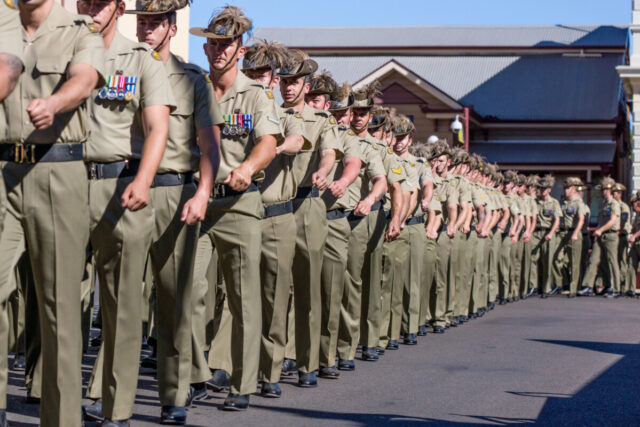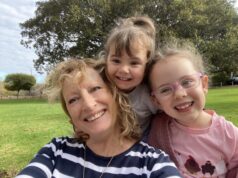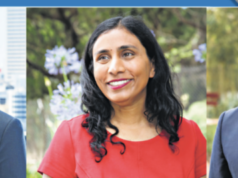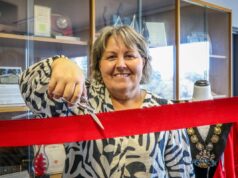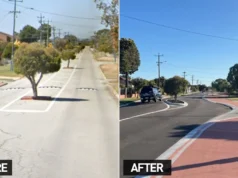A bill to reform the ‘triangle of pain’ – the three main and disparate statutes that govern veteran entitlements – is currently making its way through the houses of parliament.
If it passes, as Minister for Veterans’ Affairs Matt Keogh hopes it will, all new claims will be scrutinised through the same lens for the first time in decades.
In order to have a claim accepted by the Department of Veterans’ Affairs (DVA), a veteran has to satisfy one or more factors from a Statement of Principle (SoP).
But what are they and how do they work?
According to the DVA: “The Statements of Principles are legislative instruments that provide exclusive factors (determined by the Repatriation Medical Authority [RMA]) to be the cause of certain diseases, injuries or deaths, based on sound medical-scientific evidence”.
In layman’s terms, they are the boxes that need to be ticked to prove an injury or sickness was caused by military service.
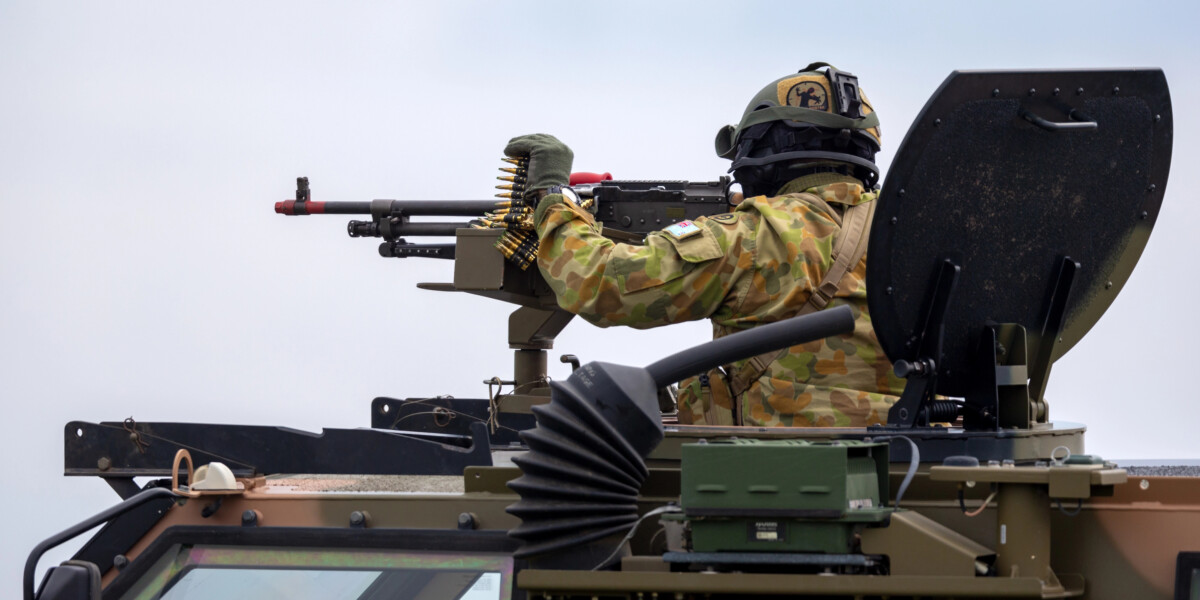
The desire for an SoP system was triggered by the 1992 Bushell v Repatriation Commission High Court decision, where the court found that when an expert (doctor) submits a ‘reasonable hypothesis’ of causation it should be accepted, even if it goes against the dominant wisdom of the day.
This led to a reactionary fear of a system-wide rort – it was presumed by some in power that veterans would “doctor shop” until they found one who would support them.
The SoP system was introduced in 1994 and replaced the ‘reasonable hypothesis’ standard of proof.
While many ex-service organisations have praised the SoP system for bringing consistency to the claims process, there are also those who believe the pendulum has swung too far in the other direction.
The Royal Australian Armoured Corps criticised Mr Keogh’s bill as “oppressive” for rolling all future claims onto the “stricter and more rigid SoP regime”, saying it “spells danger” for those currently under “a more beneficial threshold”, and contradicting the DVA’s claims that no veteran would be worse off under the changes.
The rigidity of the system is what irks many critics – after all, the human experience doesn’t often fit into neat bureaucratic boxes.
While one person might be lucky enough to prove resilient in the face of a traumatic event, another might not get away unscathed.
Or, as the final report into the Royal Commission into Defence and Veteran Suicide says: “Risk and protective factors interact in complex and unpredictable ways in people’s lives. Similarly, exposure to known risk factors for suicide and suicidality does not affect everyone in the same way.”
One veteran who suffered the loss of multiple colleagues after tragedy struck during a mission told us that their claim for clinically diagnosed PTSD was rejected because they “hadn’t actually seen a dead body” during their service.
“We had to stay and complete the operation even though we were all in shock and really struggling with the loss,” they said.
“We struggled through missing the funerals and being able to process the situation. I felt like we didn’t matter. Like we weren’t allowed to grieve and process.”
They took a while to work up the bravery to “reopen the box” and start a claim for PTSD, only to have it rejected years later.
“I’ve had anxiety, depression and alcohol abuse issues (all in remission now), all stemming from the PTSD,” they said.
“I don’t understand why I have to fight to have my trauma recognised.
“I don’t understand why when I have a diagnosed condition that I have to keep fighting for what should be recognised from the moment you leave the military.
“The stupidity of the criteria in the SoP is essentially you could be blown up and lose limbs but if no one died your mental health must be fine, right?
“I really feel for other veterans who have been in the same situation, who have conditions refused because of wording in outdated SoPs.
“I know my PTSD claim will be knocked back again at the review board. I have to go back to the start and apply to have depression recognised due to PTSD, because that’s how it works.
“The whole system is so difficult – they make it that way so people don’t pursue.
“It’s unfair and unjust and wrong. Some days I feel like giving up.”
Adding to that sense of unfairness are two different sets of boxes depending on whether you’ve served in a war or not.
Suzy was mercilessly bullied in male-dominated units during her career, and developed bruxism (lock-jaw) as a result of the abuse.
But because her service was ‘non-operational’, her claim for bruxism was denied. Had she been bullied while deployed overseas, her claim would have met the factor for approval.
“It’s basically saying that you can’t possibly be mentally ill from peacetime service but you can be from war service,” she said.
“Yet if I smoked a packet of ciggies a year, that’s somehow an acceptable link for the SoP. What a joke.”
Senator Jacqui Lambie agrees, saying “this duality in standards creates disparities that complicate the claims process and undermine the principle of equity in the treatment of veterans seeking compensation”.
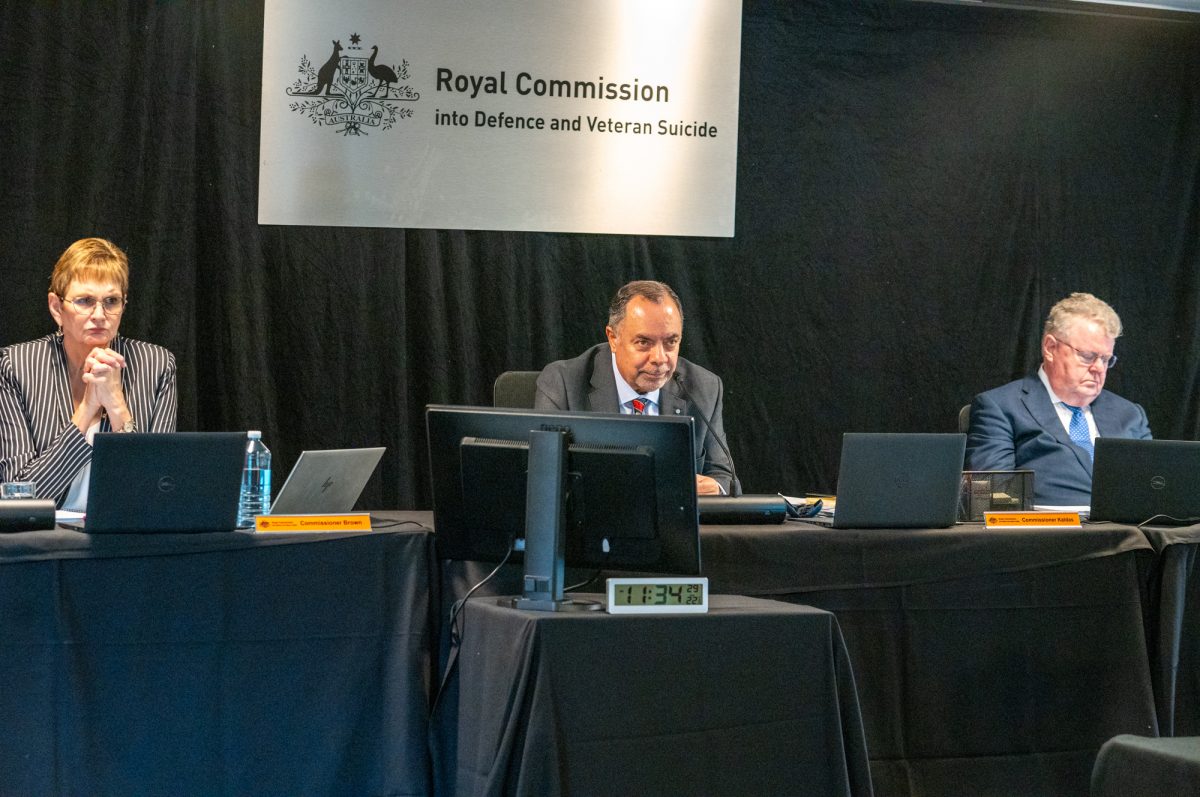
9 September 2024
Another roadblock for veterans in the black-and-white SoP system was highlighted in the Royal Commission final report: the services breed a culture of ‘grinning and bearing it’, meaning crucial documentation of injury is often missing.
One currently serving member The Examiner spoke to said it would be foolish to out yourself as injured before an overseas posting and risk losing the significantly higher pay.
Another veteran the Examiner spoke to said they worked as a “High Reliability Hand Soldering instructor at the RAAF School of Radio in the early 1980s” and were exposed to the “soldering fumes, fluxes and solvents used in the process, without the advantage of the extraction fans and OHS procedures which are common place these days”.
“I was exposed to occupational antigenic stimulus continuously as part of my job, however my claim was rejected because of a Statement of Principle which states that you must be diagnosed as having asthma within 24 hours of being exposed to the agent,” they said.
“Surely this stipulation is based on a culture of ‘running to the doctor every time something happens’ and is contrary to the culture within the services, at least in the services of 40 years ago.”
And in a submission to the Productivity Commission, Vietnam Veteran Kenneth Park outlined his struggles to have his tension headaches claim attributed to “the stresses of command” because of that very culture.
“I did not seek medical attention during operational service (which is the one requirement in the Statement of Principle) but instead self-medicated,” he said.
“I did so because, as a professional officer, it would be a career termination to be sent home because I was medically unable to withstand the rigours of command.
“The public servants assessing the claim and the appeal tribunals had no flexibility to accept that explanation because they were absolutely bound by the Statement of Principle and there is, contrary to law, no flexibility to consider any other hypothesis, reasonable or otherwise.
“An absolute standard of proof is required – more demanding than is required for a criminal conviction.”
One veteran called the system an “absolute mess” and “harder to navigate than a warzone”.
As an ex-serving Army member wrote in a submission to the Royal Commission: “There is a common saying that the paperwork loops and hurdles you must climb over [are] deliberately designed to be [so] hard [that] veterans will either just give up or do themselves in. Either way the problem goes away”.
In fact, the Examiner has spoken to one serving member who admitted they had been hospitalised for suicide attempts related to their injury claim experience.
“My [DVA] delegate then told me that the whole process would have been easier for me if I had have followed through with killing myself,” they said.
“It messed with my head something shocking. That was the day I stopped doing my own claims.”
According to the DVA, it has been suggested “on numerous occasions” to consider introducing a bit of flexibility into the current system – using SoPs as guidance rather than blunt legislative tools.
But they are not willing to be swayed from the current course.
“Allowing the Commissions, their delegates, or review bodies to choose whether or not to apply SoPs in individual claims would work against the purpose of the SoP system and introduce inconsistency into the decision-making process. It may also lead to perverse outcomes where decisions are made incorrectly,” a DVA spokesperson said.
But what happens when an SoP is clearly wrong?
According to the DVA: “The RMA is required by legislation to review the SoPs at minimum every ten years”.
But a lot can change in ten years, particularly in the realm of understanding mental illness, which accounts for a significant percentage of veteran claims.
The DVA has said that reviews do often happen more frequently than the mandated decade, and requests for review can be made by veterans and their representatives.
But, “the RMA has a legal right to decline a request to review a SoP if the request does not identify sufficient information and grounds to justify the review,” they said.
Ironically, the “maverick” GP who triggered the adoption of the SoP system by arguing against the wisdom of the day that anxiety could be a cause of hypertension was vindicated three decades later when the RMA finally accepted anxiety as a factor in the hypertension SoP.
Unfortunately, anyone who made a claim that was rejected under the outdated SoP is not eligible for reimbursement.
“Decisions made prior to the introduction of the new SOP are legally made and finalised according to the law as it stands at the time of the decision,” the DVA said.
“If an SOP factor changes and it would affect a claim that had previously been denied, it is open for a veteran to lodge a new claim on the basis of new evidence (being the changed legislation).
“If the claim is within appeal timeframes, they may also lodge a request for review instead.”
Veteran Geoff Shafran, who has spent nearly a decade familiarising himself with the SoP system, believes there is a clear miscarriage of justice here.
“Not only is medicine and science outpacing the SoP, but the lay veteran is expected to provide the very technical and legal ‘sound medical-scientific evidence’ to initiate change, which is an absurdity in itself, and by the time this change percolates through the system the claimant may have used all the review options,” he said.
He also points out that there is a veil of secrecy surrounding the authors of the Statements of Principle.
While the SoPs are formalised by five “eminent” and named practitioners in the field of medicine or medical science, the research, evidence, and grading of the ‘strength’ of that evidence is collated by researchers from the RMA secretariat.
The names and identities of the researchers are a closely guarded secret.
Despite several FOI requests, and a direction from the Information Commissioner to reveal their names, the RMA is currently fighting tooth and nail to keep this behind an iron curtain.
“The RMA is a sham. The five eminent professors fly to Brisbane six times a year for 10K a visit to tick and flick the research that DVA staff put together,” Julie Anderson, who received a Medal of the Order of Australia for her work helping veterans, said.
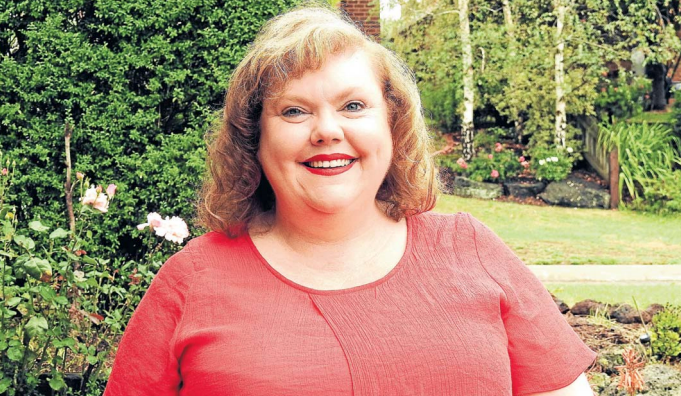
Julie, who has fought for the creation of dozens of SoPs, says the process is “incredibly polluted” and transparency is needed.
She explained her journey into this quagmire began when she decided to help her husband, a former Navy electrician, who served in the Gulf War as a 20-year-old and was later diagnosed with ‘Gulf War Illness’.
Claiming for lost earnings proved to be a nightmare.
While Gulf War Illness is now recognized by the medical profession and the Australian government, the RMA still doesn’t recognize it as a specific disease.
“These guys are the ones gatekeeping who gets their entitlements and who doesn’t,” Julie said.
“Unfortunately, there’s only a few people questioning the integrity of all of this.”
Julie Anderson believes the researchers’ evidence is being cherry-picked.
“And I believe they’re using evidence that’s not fit-for-purpose. I don’t believe the studies’ authors ever took into account the fact their study was going to be depriving someone of their entitlements,” Geoff Shafran said.
When the Examiner asked the RMA if the studies’ authors were ever consulted before using their work to create SoPs, they sidestepped the ethical consideration raised, and explained they had a right to use them as they were peer-reviewed and had been “submitted to internet sites such as PubMED for use subject to licence”.
According to Alison Grady, the Executive Officer to the Repatriation Commissioner, “the fact that sound medical scientific evidence does not relate specifically to armed services settings does not invalidate its application in the SoPs, and the insights from studies into causation of medical conditions can be applied across different settings”.
But similar ethical doubts were raised by the inaugural Chairman of the RMA Ken Donald, back in 1998: “The RMA decides the factors for inclusion in the reasonable hypothesis SOP. We then have to set a dose for each factor. This is where we have enormous trouble because most of the epidemiological literature was never assembled and written for the purpose Repatriation Medical Authority & Department of Veterans’ Affairs that we are now using it. It was written for all sorts of purposes: public health, advancement of people’s careers; all sorts of reasons. But it was not written specifically to be used for this sort of social purpose.”
The Royal Commission has highlighted failings in the claims process as an institutional driver of suicide and suicidality in veterans and defence personnel.
In its final report, it acknowledged the progress that had been made by the government since its interim report was published in 2022.
“This includes a proposed reform pathway to simplify the legislation governing veterans’ entitlements and the release of an exposure draft Bill in February 2024,” the report said.
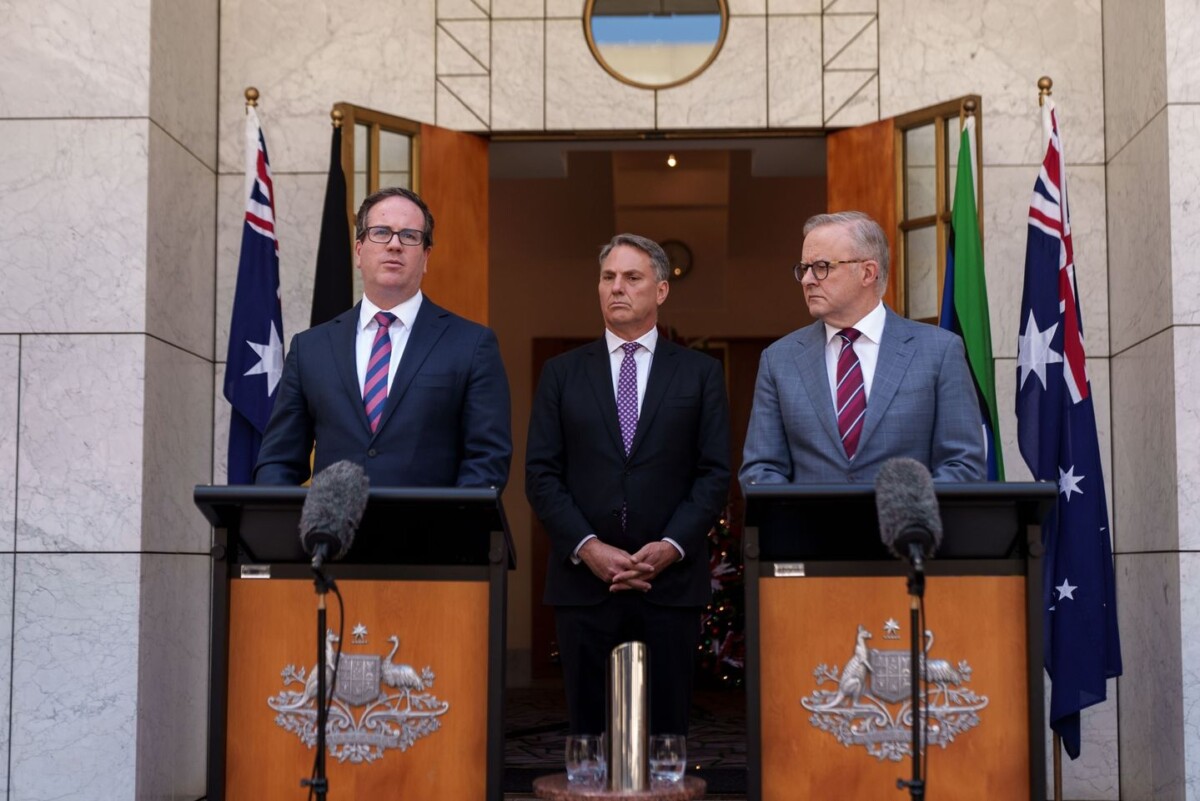
But Senator Jacqui Lambie, who was pivotal in the establishment of the Royal Commission, believes the harmonisation bill does not go far enough.
“The proposed legislation does not adequately address the complexities and issues surrounding the Statement of Principles (SOPs), which play a critical role in determining claims,” she said.
“Submissions from various stakeholders emphasise the need for enhanced discretion for decision-makers and a more frequent review of SoPs by the Repatriation Medical Authority to ensure they remain relevant and effective.”
The bill is currently with the senate, which is expected to report back in February.
But Minister Keogh has told the Examiner he has no intention of acting on these criticisms from Senator Lambie.
“The current application of the SoPs is deemed appropriate, consistent and, in general, beneficial to claimants,” he said.
“They are based on sound medical-scientific evidence, and, in more cases than not, claims are accepted based on SoPs.
“Use of the SoPs merely as guidance would likely result in new and unnecessary litigation as to their application.
“SoPs will continue to be developed and reviewed by the Repatriation Medical Authority in line with developments in medical-scientific literature.”
But when countless veterans are likely to continue to fall through the gaps in this unyielding claims approval system, is staying the course really in the best interest of those who put their body on the line for their country?
Are we ok with leaving some soldiers behind?
“’Lest we forget’ is Australia’s most solemn promise,” Prime Minister Anthony Albanese said in his government’s response to the Royal Commission final report on Monday.
“It’s also a reminder of the duty that we owe to all those who return to ensure those who have served Australia have access to the support and services they need and they deserve.
“Our veterans went in our name ready to give everything. They put themselves on the line.
“We owe them more than sentiment.”


